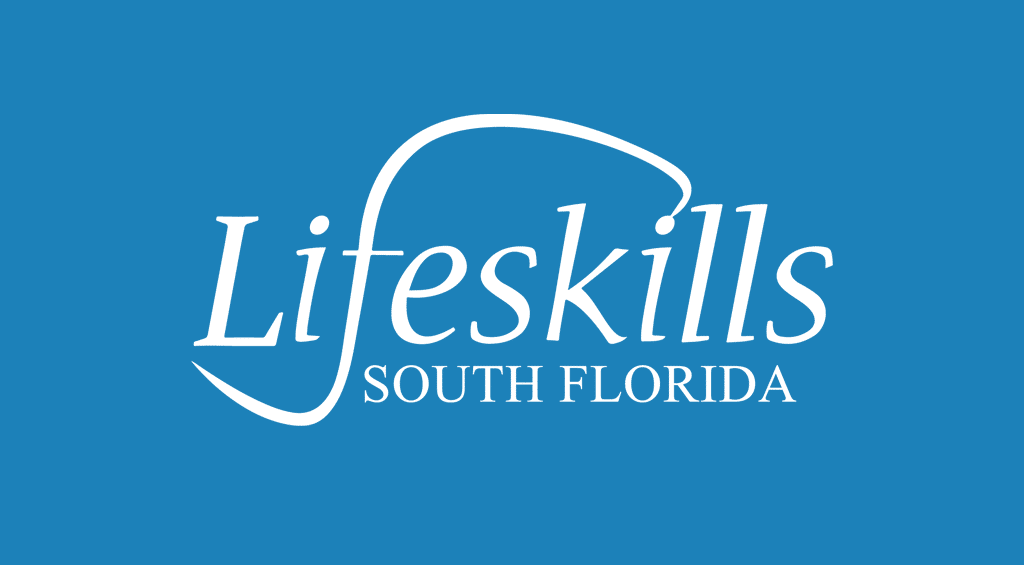
Those in mental health and addiction professions often overlook their “self-care” while focusing on others and before it’s too late it takes a toll on their mental and physical health. Interventions, emergencies, ”on-call schedules,” and crisis management with clients and their families are just a few work-related stressors that can lead to poor self-care.
While the work is lifesaving, gratifying and worthwhile, it is demanding and challenging on levels that can deplete the heartiest of professionals. “Self-care” describes the actions that an individual might take to reach optimal physical and mental health. Once a professional has met their needs for self-care, they are better able to support and assist others in meeting their needs. It’s not selfish to practice self-care on a regular, even daily basis. I would argue that it’s crucial and vital to the health and well-being of our clients to make sure we are caring for ourselves to ensure we can provide the very best care for them.
As a treatment team at Lifeskills South Florida, we find it important to watch out for each other ensuring we practice self-care to avoid ”Burn out.” “Burn Out” has been described as emotional exhaustion, loss of empathy, and a decreased sense of accomplishment. The warning signs of professional burnout are disturbed sleep, isolating self, not taking breaks, not enjoying work, becoming bored or disinterested in clients, being emotionally exhausted, thinking of being elsewhere when with clients, self-medicating, feeling depressed or anxious, suffering from headaches, physical complaints, and poor concentration.
The overwhelming work of the mental health professional, in addition to the demands of maintaining a personal life, requires monitoring and careful assessment and reassessment to prevent negative results. Even the ethics codes for various professionals mention and require ongoing self-care and awareness of one’s capacity at any given time.
Self-care and self-compassion can be accomplished by focusing on the physical, mental, and spiritual aspects of the self. Some of the most widely used self-care strategies include meditation and prayer, socializing with friends, diversity of professional roles, relationships with family of origin and relaxation activities. Other suggestions have been noted as using humor, yoga, reading, vacations, breaks throughout the workday, positive self-talk, and exercise.
Strategizing to build a variety of these things into your workweek can bring positive changes to your mental and physical health in a short period. Don’t wait until you have free time to read, do yoga or exercise for 30 minutes. SCHEDULE time with yourself weekly or even daily as if you are your most important client and don’t miss those appointments. Put it in your planner or calendar so you will be reminded.
Remember to take care of that person who is your most important client – there are a lot of people counting on you.
Are you a treatment professional in need of help? Lifeskills South Florida is a highly reputable addiction treatment center in the Fort Lauderdale area. To learn more about enrolling in our outpatient or residential treatment programs, please contact us.




